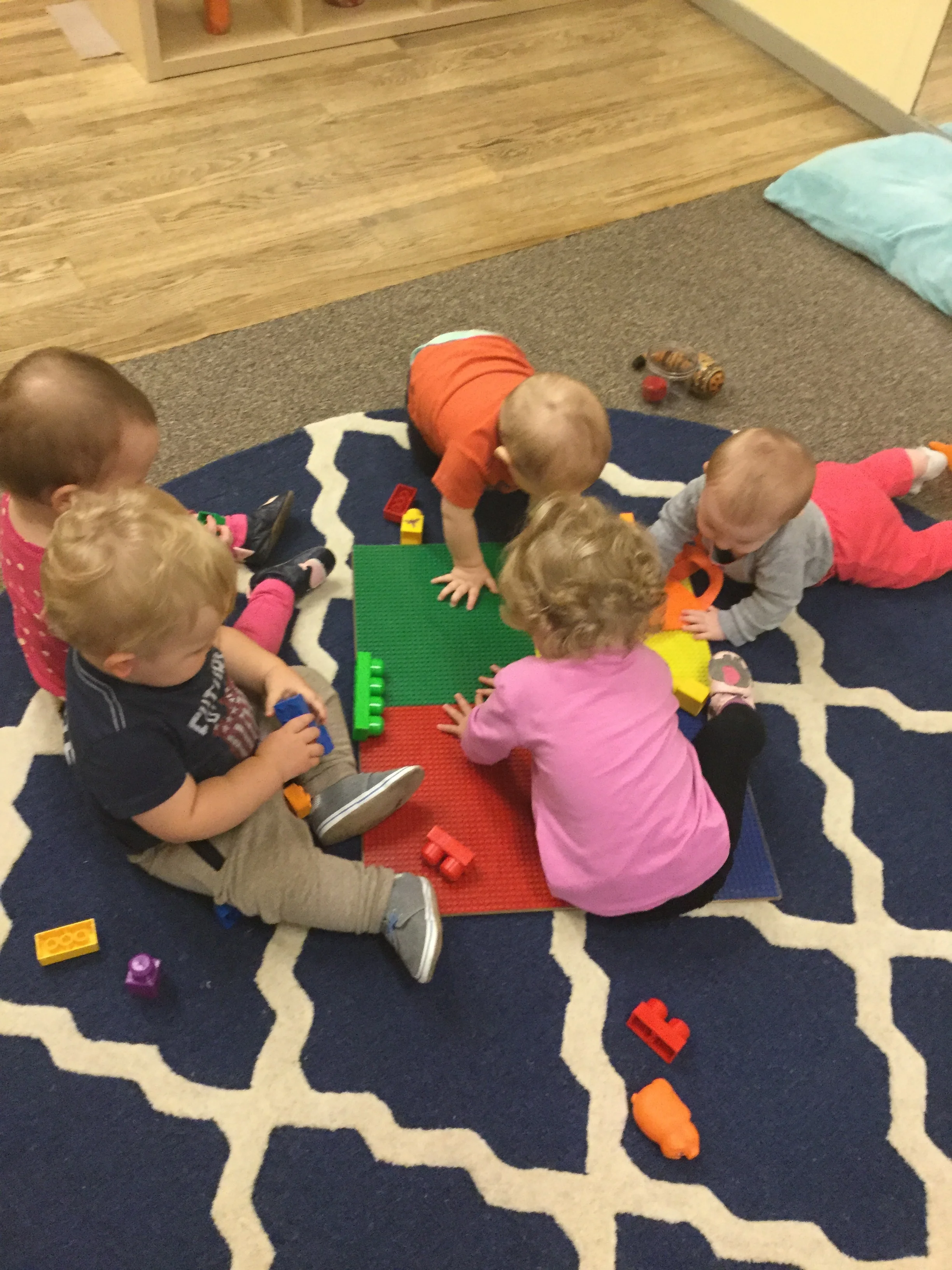October was a fun month at PFM! The children looked festive in their costumes, and the preschoolers did a fantastic job singing their Halloween songs to parents and to staff at Lane Powell. They also picked out some really great pumpkins on their field trip to Craven Farm. Of course, one of their favorite things about the trip was “riding the big, yellow school bus!”
We have two new children who we welcomed to our school in mid-October: Laila joined South preschool and Nathaniel joined our infant room! We will also welcome Camilla and Joseph (preschooler Evie Njeim’s baby brother) to our infant room in November. Freya and Anna are making their transitions to the toddler room and Jackson will be joining us from outside of PFM. Nadia says farewell to her toddler friends as she moves to South Preschool in mid-November!
One of our favorite traditions here at PFM is the annual Thanksgiving Brunch. This year, we hope to see you on November 16th for this lovely event. Join us between 7:30-9:00am in your child’s classroom for a yummy treat and coffee or tea. We hope you have a wonderful Thanksgiving holiday and enjoy the time off with your families.
As you may already know, I am a firm believer in lifelong learning and self-improvement and I see this as being especially important in this field. Early childhood education requires us to be at our best when supporting children during the day. Any extra knowledge and training we receive helps us in our work. I am happy to say that in the last few months, Pacific First Montessori has made it possible for a teacher to begin her Montessori training through MEIPN, two teachers to begin their CDA’s, a preschool teacher to attend an all-day learning event hosted by PNMA, and for teachers and assistants to attend multiple early childhood training sessions hosted by the University of Washington. As the Director and owner of PFM, I am committed in supporting teachers financially and professionally as they develop their skills in working with children.
Teddi Blades
Director & Owner, PFM









